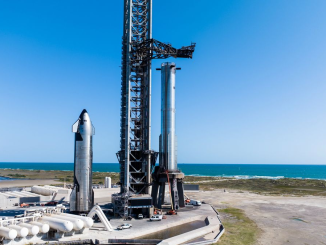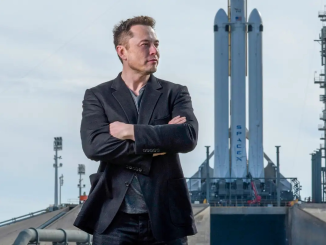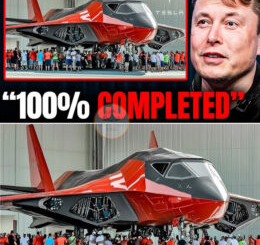In a stunning and polarizing revelation on March 26, 2025, Tesla, the electric vehicle giant once hailed as the future of transportation, dropped a bombshell that has left the automotive world reeling. CEO Elon Musk took to the stage—or rather, his X platform—to declare, “Nobody is buying our cars, and we’re closing the door on traditional production as we know it.” The statement, dripping with Musk’s signature flair for drama, has ignited fierce debate: Is this the end of Tesla as we know it, or a calculated pivot to something even more audacious?
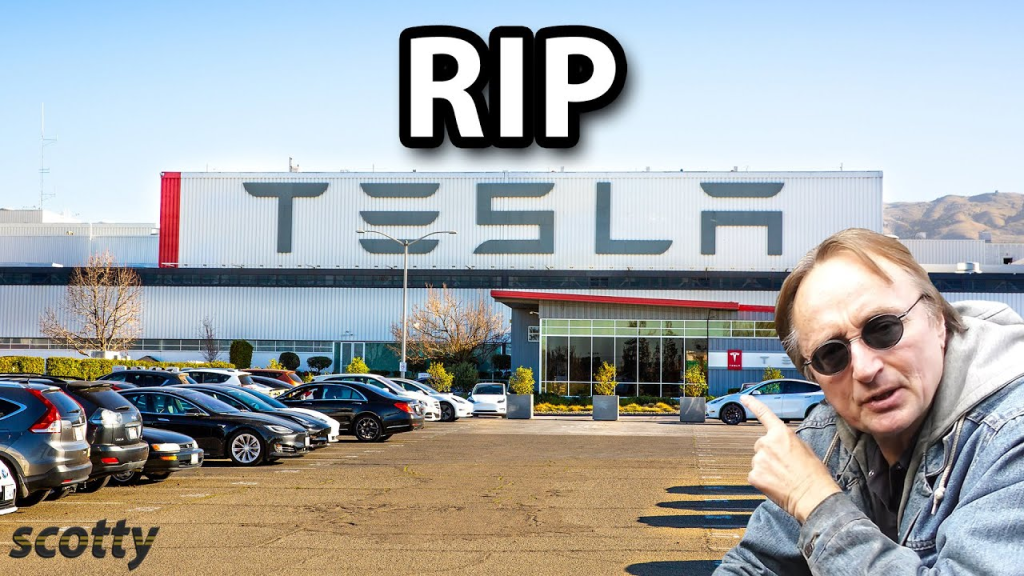
The Shocking Claim: A Dying Demand?
Musk’s announcement comes amid a turbulent year for Tesla. Global sales figures for 2024 showed a 1.1% decline—the company’s first annual drop since 2011—despite aggressive price cuts and promotional stunts like zero-percent financing. In key markets like Europe, sales plummeted by 49%, while competitors like China’s BYD surged ahead, selling 1.77 million EVs compared to Tesla’s 1.79 million. “The numbers don’t lie,” Musk reportedly said. “People aren’t buying our cars like they used to. The hype is dead.”
Critics pounced immediately, pointing to Musk’s polarizing political antics—his cozy relationship with President Donald Trump, his controversial salutes at public events, and his aggressive push through the so-called Department of Government Efficiency (DOGE)—as the real culprits. Tesla showrooms across the U.S. have faced protests, with some owners publicly selling their vehicles and slapping “I bought this before Musk went crazy” stickers on their bumpers. “He’s turned Tesla into a symbol of extremism,” one former owner fumed on X. “I’d rather walk than drive a Swasticar.”
Closing the Door—or Opening a New One?
But here’s where the controversy deepens: Musk didn’t say Tesla was shutting down entirely. Instead, he hinted at “closing the door” on traditional car manufacturing to focus on something cryptic: “a new era of mobility.” Speculation is rife that Tesla might abandon its aging lineup—Model 3, Model Y, Model S, and Model X, all of which have seen little innovation since 2020—and pivot entirely to the Cybertruck or even a fleet of fully autonomous robotaxis powered by Starlink. “We’re not here to sell cars anymore,” Musk teased. “We’re here to sell the future.”
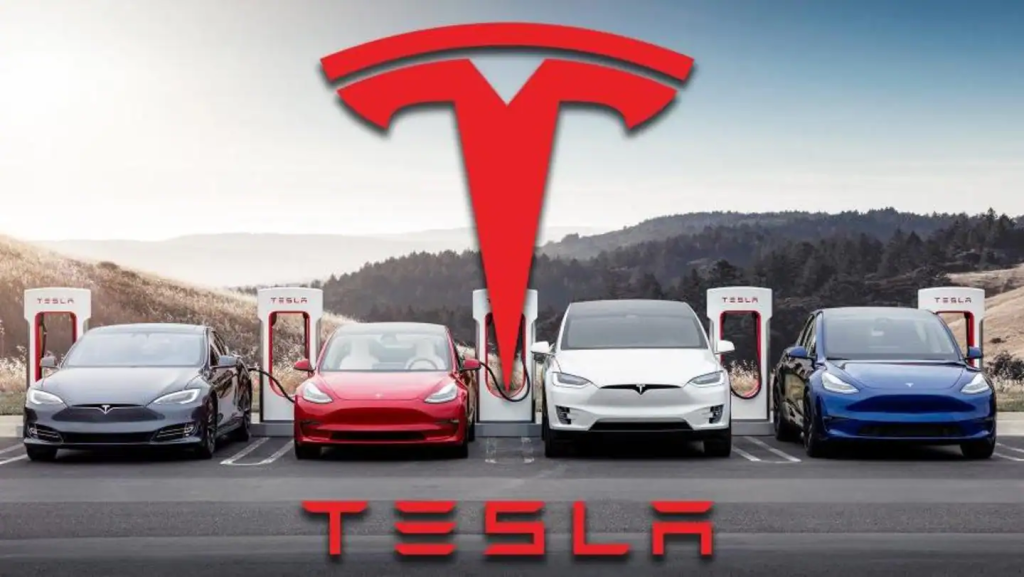
Supporters Argue This Is Vintage Musk: A Genius Move
Supporters argue this is vintage Musk: a genius move to ditch a saturated market and leapfrog competitors. They point to Tesla’s history of defying naysayers—surviving production hell in 2018, becoming profitable again against all odds, and revolutionizing EVs when gas giants laughed. “Elon doesn’t care about today’s sales,” one X user posted. “He’s playing chess while everyone else is playing checkers.” The Cybertruck, despite its niche appeal, has a cult following, and whispers of a sub-$30,000 autonomous vehicle could reignite mainstream interest.
The Backlash: Arrogance or Desperation?
Detractors, however, see desperation masked as bravado. Tesla’s stock, already volatile, tanked 7% after the announcement, wiping out gains tied to Musk’s Trump-fueled rally post-election. Analysts like Seth Goldstein of Morningstar warn that abandoning traditional production without a clear replacement is a gamble Tesla can’t afford. “They’re alienating their base—early adopters already own Teslas, and mainstream buyers want affordability, not futuristic promises,” Goldstein said. Add to that the rising competition from BYD, Hyundai, and Ford, and Tesla’s dominance looks shakier than ever.
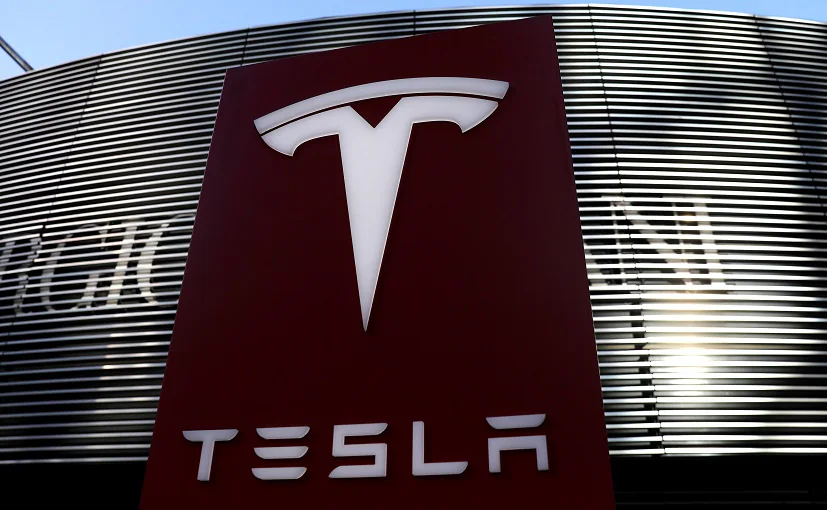
Then there’s the elephant in the room: Musk himself.
His political stances have undeniably hurt the brand. In Germany, sales dropped 76.3% in February 2025 alone, with boycotts linked to his support for right-wing causes. “Tesla’s not failing because of the cars,” a Berlin protester told reporters. “It’s failing because of the man.” Even some loyalists are wavering, with posts on X suggesting Musk step down to save the company he built.
What’s Really Happening?
So, is Tesla truly on the brink, or is this another Musk masterstroke? The truth, as always with Tesla, is murky. The “nobody is buying our cars” line could be hyperbole to grab headlines—or a grim admission of a sinking ship. Closing the door on traditional production might mean a leaner, meaner Tesla, or it could signal a chaotic retreat from a market it once owned. One thing’s certain: the announcement has split the world into believers and skeptics, with little middle ground.
As of March 27, 2025, Tesla’s next move remains unclear. Will Musk double down on autonomy and prove the doubters wrong again? Or has the EV pioneer finally run out of road? Love him or hate him, Elon Musk has ensured one thing: the world can’t look away.
